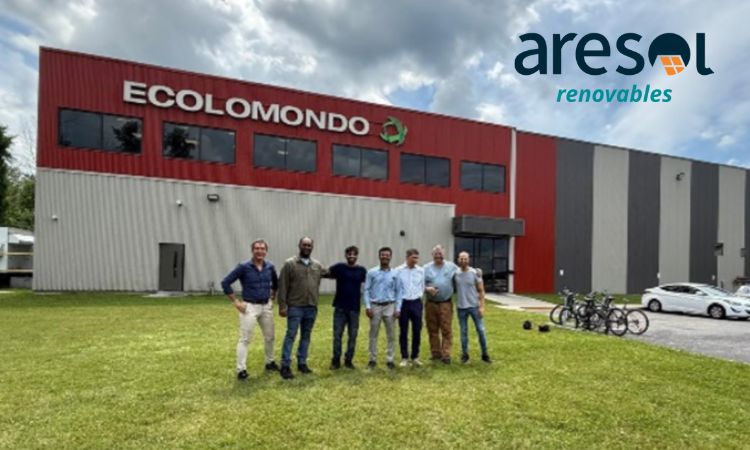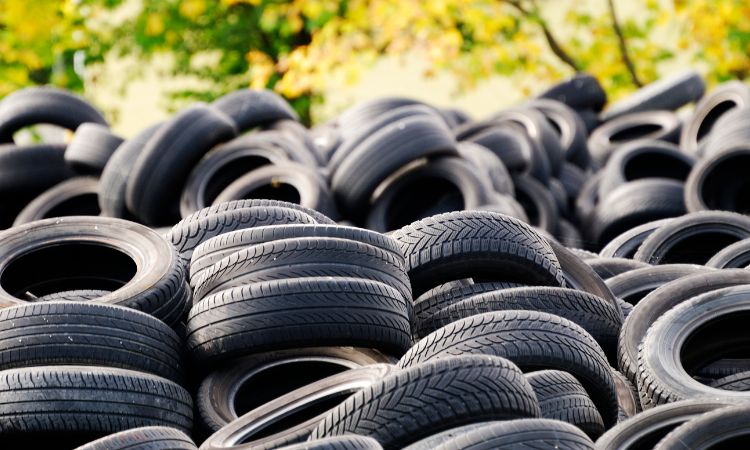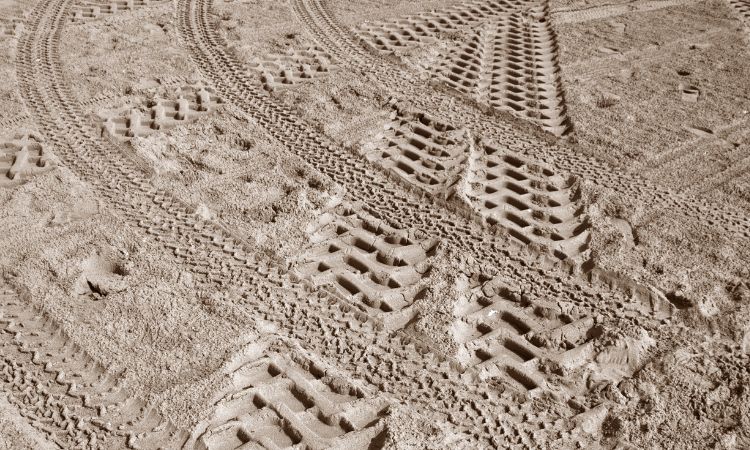BlackCycle and future of tyre-to-tyre recycling: Insights from Michelin’s Jean-Michel Douarre
Tyre-to-tyre recycling is still more of an exception than the rule. Yet new technologies are proving it can be done. One of the most ambitious initiatives in this space is BlackCycle, an EU-funded project that set out to build a fully circular value chain — from end-of-life tyre collection to the production of new tyres.
In an interview with Waste Management World, Jean-Michel Douarre, BlackCycle Consortium Director and research program leader on sustainable raw materials at Michelin, shared how the project came to life, what it has achieved, and why it matters for the future of sustainable mobility.
“That project is one of our initiatives to reach our 2050 ambition to replace 100% of fossil materials in the tyres with sustainable materials (renewable or recycled),” explains Douarre.
Launched in 2020 with 12 partners across five European countries, the project tackled a long-standing problem: while Europe generated 3.5 million tons of end-of-life tyres annually, very little of that material made its way back into new tyres due to the technical complexity of the product.
After four years of work, Douarre describes the results as “simply amazing.” BlackCycle improved pyrolysis technology and introduced additional processes like tyre deconstruction, distillation, and polymerisation. These steps allowed the creation of entirely new raw materials — sustainable carbon black, plasticising resin, and micronized powders — which have already been validated in tyres.
The project also left a wider mark on the European ecosystem. As Douarre points out:
“This project has contributed to the evolution of the ecosystem around the tyre circular economy in Europe. It was the first one that addressed the feasibility of the ecosystem.”
One concrete outcome is the joint venture Infiniteria, established by Antin, Enviro, and Michelin, which plans to deploy several plants in Europe by 2030 with the capacity to process at least 1 million tons of ELT.
Looking ahead, Michelin sees BlackCycle as a cornerstone for its sustainability ambitions:
“100% sustainable is achievable if renewable and recycled materials are available. The BlackCycle results are completely aligned with that goal as they will allow a significant quantity of recycled raw materials to be reintroduced into new tyres.”
For the full interview with Jean-Michel Douarre and deeper insights into the BlackCycle project, visit Waste Management World.
Weibold is an international consulting company specializing exclusively in end-of-life tire recycling and pyrolysis. Since 1999, we have helped companies grow and build profitable businesses.











